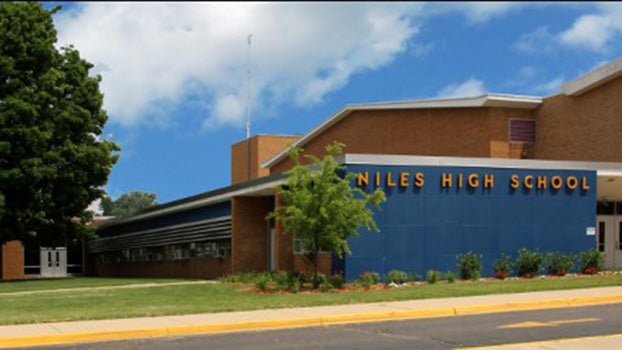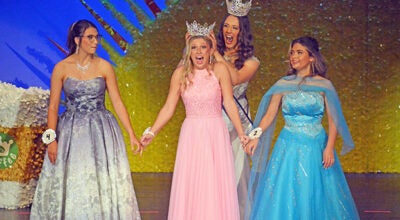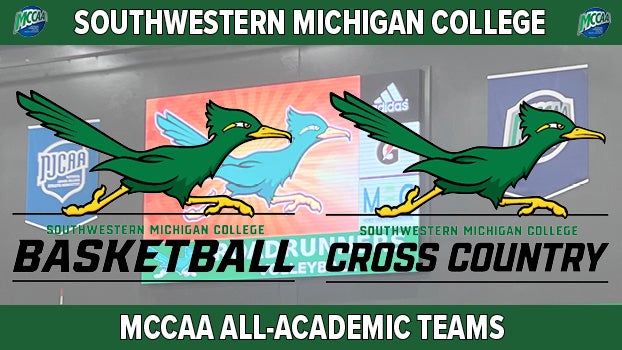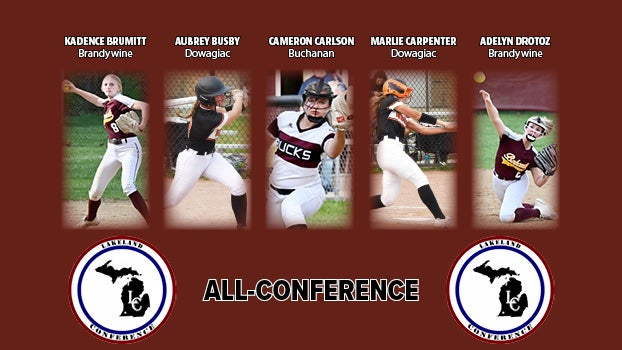Niles Community Schools awarded educational grant
Published 10:51 am Tuesday, June 30, 2020
|
Getting your Trinity Audio player ready...
|
NILES — From origin to impact, students in the ninth and 10th grades at Niles High School will have the opportunity to participate in a new earth science course in the fall, thanks to a grant.
Niles Community Schools will add the year-long course in earth science for the 2020 to 2021 school year. As one of the six school districts in Michigan to be selected, the district was awarded a nearly $9,500 grant from the From Students to Stewards Initiative. The award was announced on June 16. The grant will help to continue the initiative’s mission of educating the public about Michigan’s unique water resources and landscapes in the local school system for ninth and 10th graders.
A collaboration between the Michigan Department of Environment, Great Lakes, and Energy, the Michigan Department of Education, and the MiSTEM Network, the From Students to Stewards Initiative works to help educate students about the Great Lakes, Michigan watersheds and the water resources impacting people across the state of Michigan. The program also works to draw links between the impact the resources have on people, and those that people have on the water.
Two Niles High School teachers — Susan Sobehrad, science teacher, and Kristine Cooney, English teacher — are leading the curriculum for the students in the fall.
“Susan is the science expert, and I’m in the English-Language Arts,” Cooney said. “Part of our design was working together as a partnership between STEM and ELA, and how we can incorporate these learning standards together. It’s a great partnership.”
The year-long coursework is intended to give students ownership over their research and teach them to bring what they learn to the community.
“Students and the community need to understand how to care for our Great Lakes and water resources and understand how they can contribute to taking care of that,” Sobehrad said. “It’s not just our students who will be learning. They’re going to take these projects, in a virtual medium, and take them out to the community.”
The two lead educators and the school have planned to work in conjunction with the Niles District Library and the YMCA to promote the finished products from the curriculum.
“I think one of the things that the grant is going to allow us to do is to physically take the students, as parameters allow, on field trips,” Cooney said. “Starting with the planetarium and origins of water on our earth, to taking a tour of the Great Lakes coastline and see how climate change is affecting the Great Lake closest to us.”
Another field trip the teachers hope the students will be able to participate in is going out to the watershed and seeing businesses and agricultural enterprises that both draw off the resources and contribute to waste run-off.
“We don’t want them just sitting in the classroom, but getting students out there so they can see what things are for themselves,” Sobehrad said.
Cooney hopes that by giving students first-hand knowledge, the impact will be greater.
“I think it adds to the authenticity of the project, of taking ownership of that they’ve been to these places and can create presentations or [educational] products,” Cooney said. “They can use different pictures that they have taken from these areas. They will have actually been to there.”







